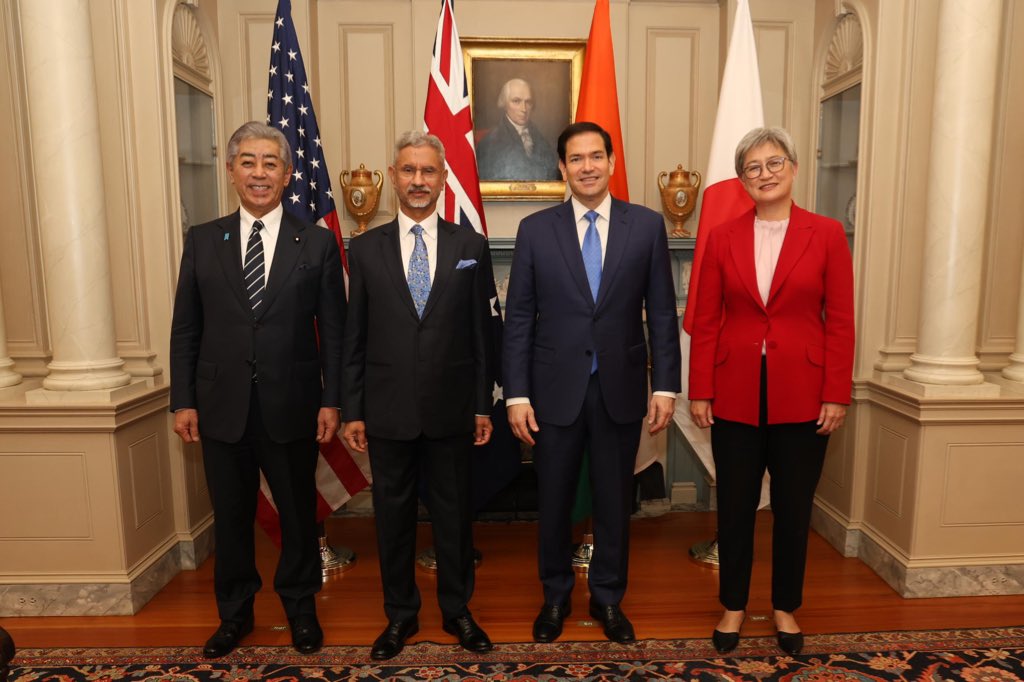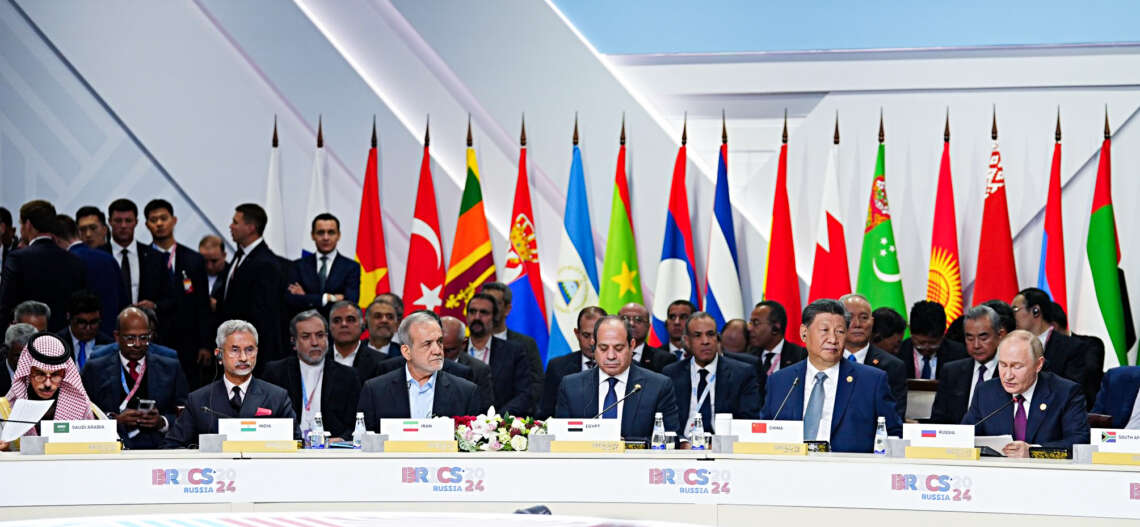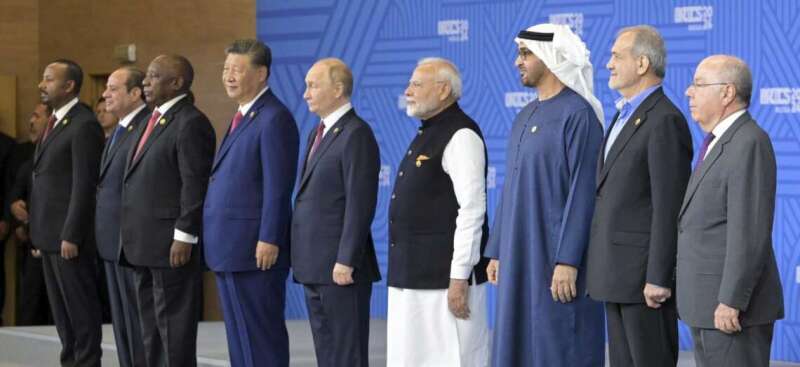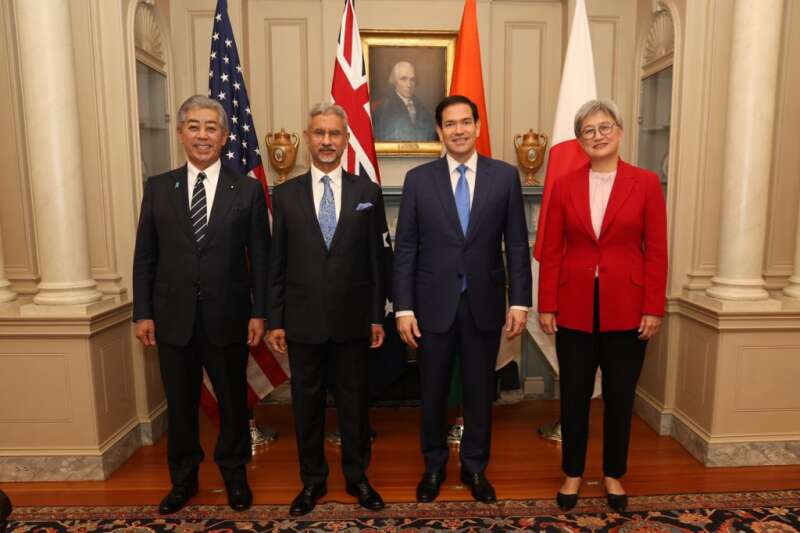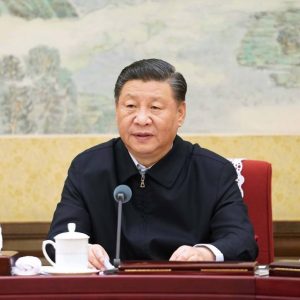The relationship between China and Tibet has long been complex and marked by historical tensions….reports Asian Lite News
The recent motion passed by the Canadian House of Commons acknowledging Tibetan self-determination has left China surprised. The motion, proposed by Alexis Brunelle-Duceppe, a Member of Parliament representing the Bloc Quebecois, gained unanimous support from attending MPs during Monday’s session.
Expressing satisfaction with the outcome, the Canada Tibet Committee (CTC) declared on social media platform X, “Thrilled to announce that the Parliament of Canada has passed a unanimous motion declaring Tibet’s right to self-determination.”
The relationship between China and Tibet has long been complex and marked by historical tensions.
China asserts sovereignty over Tibet, viewing it as an integral part of its territory. However, Tibetans, led by the Dalai Lama and the exiled Tibetan government, advocate for greater autonomy or even independence.
China’s control over Tibet traces back to the 1950s when Chinese troops entered the region and established authority.
The 17 Point Agreement of 1951 formalised Tibet’s incorporation into the People’s Republic of China, though it remains disputed by Tibetan activists who argue it was signed under duress.
Under Chinese governance, Tibet has faced political, economic, and social control, with controversial policies implemented by Beijing.
Tibetans often feel marginalised and oppressed, with reports of human rights abuses, restrictions on religious freedom, and attempts at cultural assimilation.
Human Rights Watch in May released a report on the relocation of hundreds of Tibetans in recent times, revealing increasing atrocities against members of the Tibet community in China. Over 140,000 residents have been relocated or are currently relocating from 500 villages to new locations, Human Rights Watch said in a release.
The 71-page report – ‘Educate the Masses to Change Their Minds: China’s Coercive Relocation of Rural Tibetans,’ details how participation in “whole-village relocation” programs in Tibet, in which entire villages are relocated, amounts to forced eviction in violation of international law.
Officials misleadingly claim that these relocations will “improve people’s livelihood” and “protect the ecological environment.” The government prevents relocated people from returning to their former homes by generally requiring them to demolish these homes within a year of relocating., said the news release.
“The Chinese government says that the relocation of Tibetan villages is voluntary, but official media reports contradict this claim,” said Maya Wang, acting China director at Human Rights Watch. “Those reports make clear that when a whole village is targeted for relocation, it is practically impossible for the residents to refuse to move without facing serious repercussions.”
The report draws on over 1,000 official Chinese media articles published between 2016 and 2023. It includes three case studies and video footage that show in detail the arguments and methods Chinese officials use to obtain the “consent” of residents to relocate their villages.
Chinese government policy in Tibet sets out that every household in every village targeted is to consent to relocation. Human Rights Watch found multiple references to initial reluctance among Tibetans whose villages were scheduled for relocation.
In one case, 200 out of 262 households in a village in Nagchu Municipality initially did not want to relocate to a site nearly 1,000 kilometres away. The government claimed that all eventually agreed to move voluntarily. (ANI)
ALSO READ: US expands Russia sanctions, targets chips sent via China



